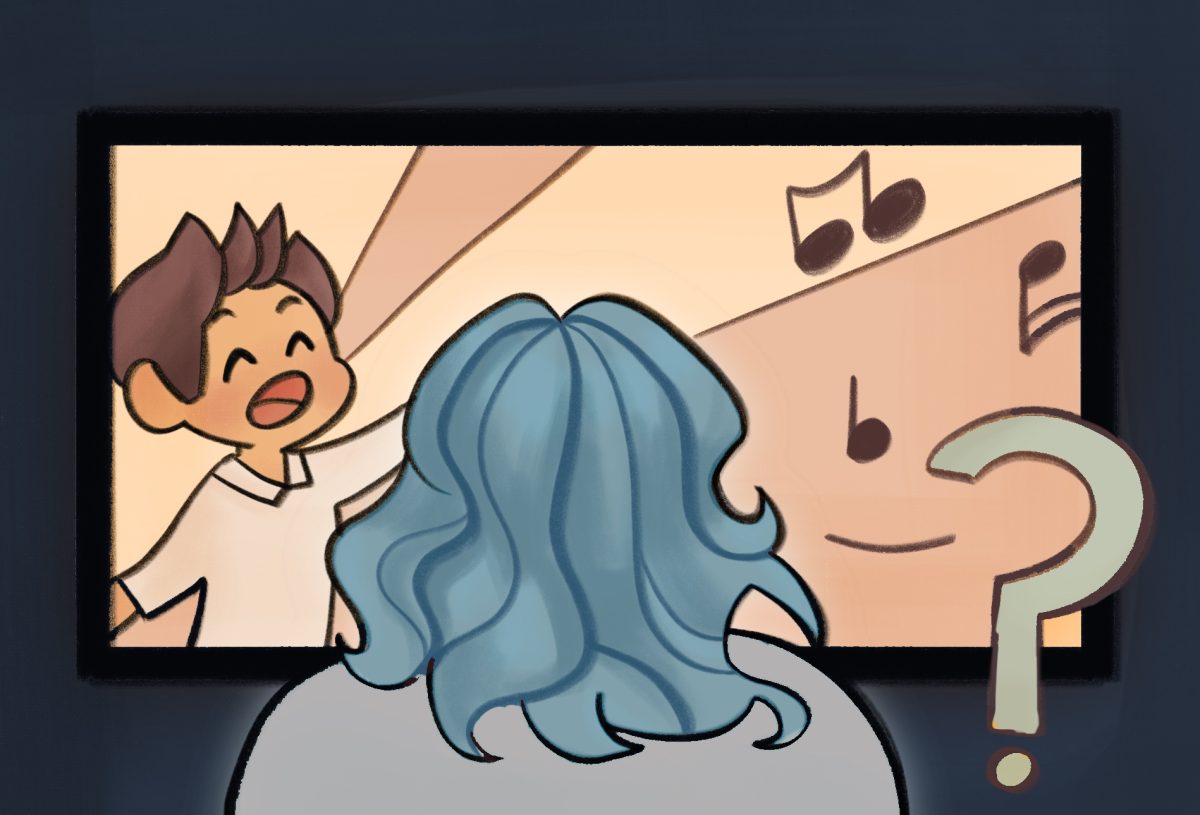Through the release of films like “Wonka,” “Mean Girls” and “The Color Purple,” December and January proved to be exciting months for fans of musical theater, bringing forth perhaps the largest assembly of musical movies released in recent years.
At the same time, the advertising for the movies “Wonka” and “Mean Girls” has sparked debates online, since neither movies were explicitly marketed as musicals, according to The Hollywood Reporter. Instead, advertisers highlighted the nostalgia audiences already had from established Intellectual Property (IP). This has resulted in contention surrounding Hollywood’s marketing tactics, according to the LA Times.
Instead of relying on past IP to advertise movie musicals, Hollywood should focus on making movie musicals with original storylines that were created for the big screen so that the medium can once again shine under the limelight. Additionally, when considering the characteristics of the genre, the music in a movie musical should be naturally highlighted in advertising due to its importance to the overall plot, according to drama teacher Samantha Sanford.
“In a musical, the most climactic moments are typically reserved for the songs,” Sanford said. “So if we’re telling and shaping those climactic moments, then we [have to] showcase the songs. If you avoid showing the style [through the advertisements], then it just doesn’t feel honest or compelling.”
When done correctly, movie musicals can be engaging. Although adapting a Broadway show into a movie can seem stilted to viewers, keeping the material of a movie musical in mind can result in exciting and high-quality productions, according to senior and performer Kody Lin.
“If a musical was made to be a movie, like ‘La La Land’ or ‘The Greatest Showman,’ the transitions into song are a lot more seamless because it was literally made to be on a screen,” Lin said. “Whereas if you have movies like ‘Dear Evan Hanson’ or ‘Cats,’ the songs feel out of place, and it kind of felt like the songs were an afterthought, which matches up with how they marketed it.”
Although there have been a plethora of Broadway musicals-turned-movies, some musicals such as “Cats” were not able to seamlessly transition into song. Viewers saw the movie as cringy, according to Business Insider. Other musicals adapted for the screen, such as “Les Misérables,” were able to make this transition by keeping the medium in mind — for example, the movie employed more quiet yet emotional singing at opportune times that suited the screen instead of the stage.
However, the decision by Hollywood executives to tone down a movie musical’s theatrical aspect can be justified by some because of the stigma that surrounds musicals, according to Sanford.
“My uncle growing up was like, ‘Oh, why do people just break out into song, it’s so unrealistic,’” Sanford said. “Some people can find them off-putting, and the film industry is still an industry that’s trying to make a profit. So of course they want to try to sell more tickets to maximize their audience.”
For an industry that ultimately prioritizes profit, appealing to both musical lovers and regular movie-goers by dampening musical aspects and instead using nostalgia for marketing can be an effective business strategy to maximize sales. However, marketing movie musicals as traditional films can disappoint general audiences and alienate musical fans.
Instead, Hollywood should focus on creating original movie musicals with compelling songs and stories, and correctly advertise them as such. Combining theater and film is a valuable art that can successfully draw in large box office numbers. With enough creativity and sincerity, movie musicals can shine on the Hollywood stage as a beloved and celebrated medium.






